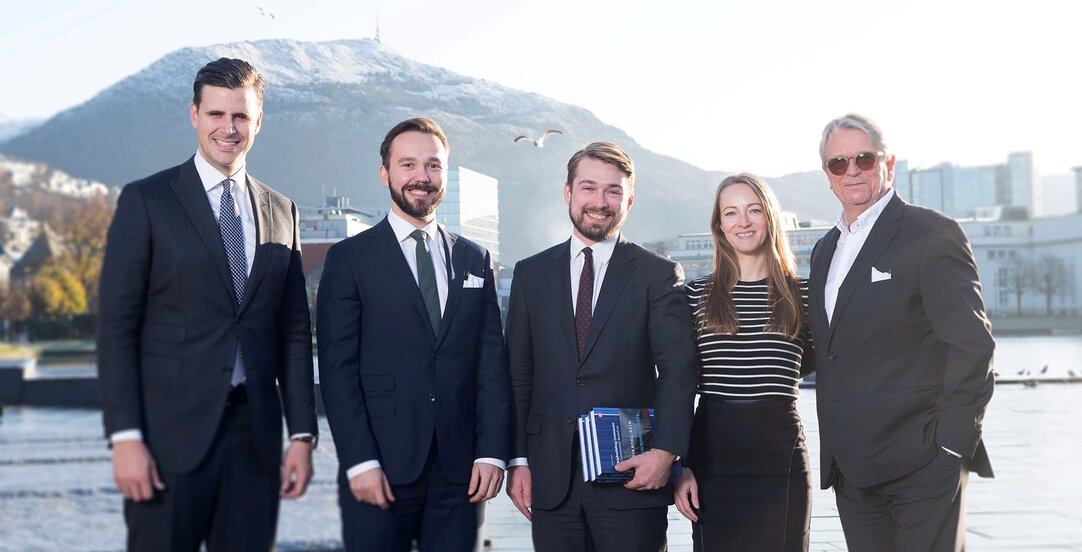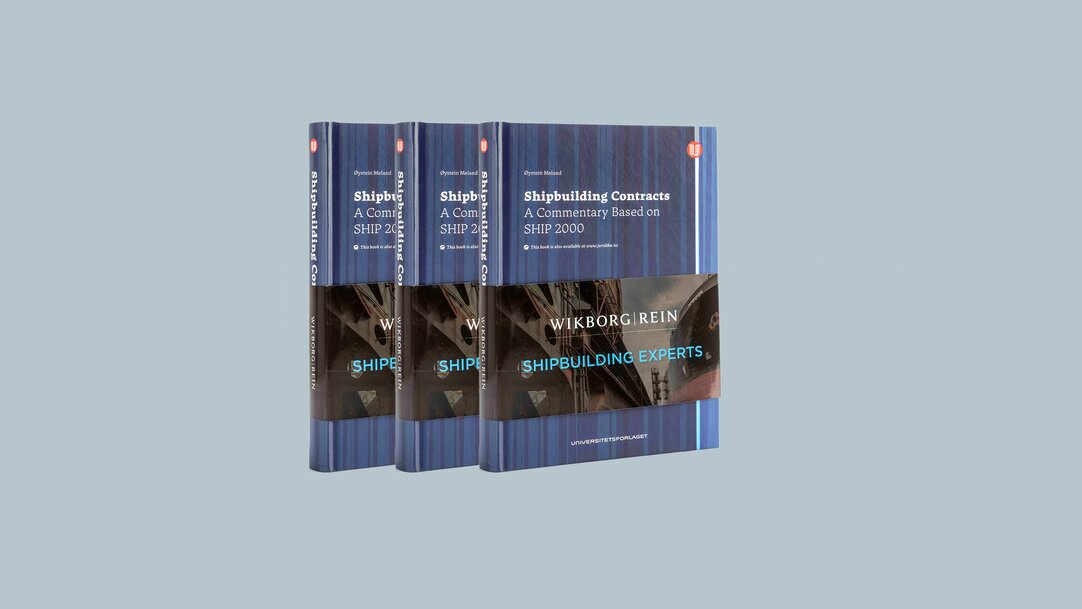Shipbuilding from A to Z

Øystein Meland has worked with shipbuilding related matters on behalf of Wikborg Rein for more than 30 years, acting for both Norwegian and international clients. Capitalising on this experience, Meland launched the latest edition of his book “Shipbuilding Contracts – A commentary based on SHIP 2000” on 30 October 2019.
Lesetid 3 minutter
Simply put, this is a book about shipbuilding from a to z and provides commentary on the Norwegian standard shipbuilding contract, SHIP 2000, which I was originally involved in drafting and negotiating. The book also includes commentaries on other international shipbuilding contracts, such as BIMCO’s standard NEWBUILDCON, says Meland.
– The book aims to provide answers to many of the questions that may arise in negotiations between the parties both before the signing of the contract and during the implementation phase of a shipbuilding project. It can also be used as a reference book should disputes arise. The book is based on Norwegian law, but I also capitalise on my international experience from more than 30 years in the shipping industry, he says.
A practical book
Though re-titled, the book is in essence a second edition of “Skipsbygging” (also written by Meland and published in 2006) with the new edition having been commissioned to address both legal developments over the past 13 years as well as other more practical issues of concern to the various stakeholders in a newbuild project such as the increasing focus on environmental considerations, including requirements for the registration and handling of hazardous waste. For the first time, the book is also being made available in English.
– Both law and shipbuilding are dynamic elements. A challenge in shipbuilding law and practice today is the variation in construction methodology between different countries and jurisdictions. Shipbuilding is an important part of the maritime industry in Norway, but there is a big difference in how ships are built here compared to other major shipbuilding nations such as China and South Korea, he explains.
One issue that Wikborg Rein receives many enquiries about is, the distribution of responsibility between the parties in the construction process.
– In short, an important part of any shipbuilding project is in managing the interplay between the builder, designers, equipment suppliers and customers, to mention a few, and most shipbuilding disputes arise from a breakdown in the relationship between these various stakeholders. My advice is that it is better to hire an experienced lawyer to look at the contract before it gets signed, rather than spending time and money arguing with each other in court afterwards, says Meland.
Who should read this book?
– I think that all companies looking to build ships, as well as shipyards, subcontractors, banks, insurers and lawyers will benefit from this book. It’s a practical book, he says.
International reach
– Today, SHIP 2000 is also used in shipbuilding projects in countries outside of Norway, such as in Turkey and Spain. Hopefully, even in jurisdictions where SHIP 2000 is not used, the book will still come in handy as it addresses issues that are common to shipbuilding in general, not just under the Norwegian standard contract, says Meland.
Having recently retired from the partnership, Øystein Meland has taken on a role as Of Counsel at Wikborg Rein’s Bergen office and is part of the firm’s Shipping Offshore team which assists clients with shipbuilding projects and disputes in all parts of the world from the company’s offices in Oslo, Bergen, London, Singapore and Shanghai. Meland is also general manager of the Bergen Shipowners’ Association, a member of the Norwegian Shipowners’ Law Committee and a former member of BIMCO’s Document Committee.
Top picture: The author together with rest of the team that has worked on finalising the book (from left): Partner Morten Valen Eide, Associate Jonas Nikolaisen, Associate Peter Kristian Jebsen, Project Assistant Unni Henriksen and the author Øystein Meland

